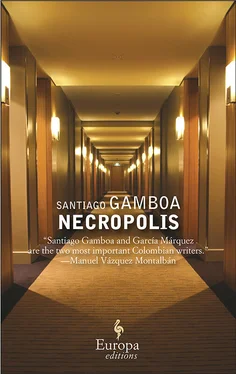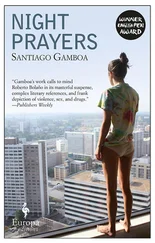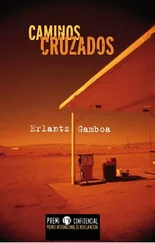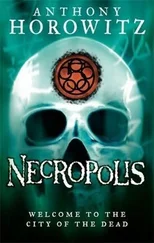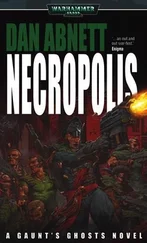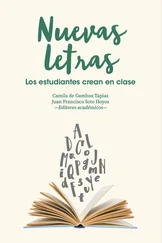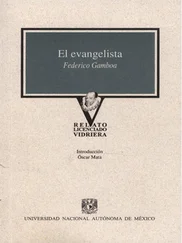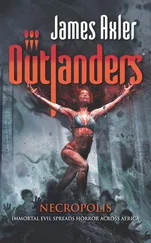When he was nine, his father read to him aloud from the poetry of William Blake and Milton’s Paradise Lost. He explained to him why Africa had to unite in a single great nation and recover its dignity before the white man, who should not, however, be hated, because what was hateful was the system imposed by a series of white nations which, with the shameful complicity of Africans, had come to Africa to steal its wealth, rape its women, and confine its men in labor camps or, in the best of cases, to give them ridiculous uniforms, with epaulettes and boots, and make them serve in their houses and clubs.
But according to Elmord’s father, all that was over. With Jomo Kenyatta at the helm, his country could lift its head high and look with dignity at the other nations of the globe. Now they were independent, masters of their lives and destinies. They had to educate themselves, work hard to obtain the benefits of freedom, and make sure these reached the whole population, not only a few privileged people, as used to happen, and as had happened to him, Clarence Limpopo, who had gone to university and graduated in contemporary history, a destiny that had come about by chance, as he had been born on a farm owned by an old Englishman who had decided for some mysterious reason to give him an education, perhaps out of philanthropy or a feeling of guilt, he never knew which, because his mother, who might have known why, died when he was a child, so Clarence Limpopo had gone to university and was now a professor, and that was why his son, Elmord, had to have the best, had to be privileged so that he could be first in line and show the way to his countrymen who had not had the same luck, those Kenyans who died of malaria or typhoid, who lived in the slums of Nairobi, near the railroad tracks, feeding themselves on something similar to ugali, but without proteins, a crust of hard bread in water, hence the huge bellies of the children, the absent eyes of malaria, the high fevers, anyway, that was the great luck of Clarence and later of young Elmord, who by the age of ten was already mentioning in his poems the grave injustice of God, so grave, he wrote, that it deserved human judgment, a Nuremberg trial, or at least the same legal process that was given to any of his brothers when they were caught stealing or killing, because that serious crime had caused death and humiliation and was the midwife of great violence. “My God, I don’t know how anyone can still believe in you,” was the conclusion of young Elmord Limpopo’s poem.
At the English College, his poems were regarded with a degree of anxiety, but because he was the son of a teacher none of the staff took much notice. Not even when at the age of twelve he presented in the English literature class a poem that said:
Yesterday, in the midst of sleep,
I saw trees on fire in Nairobi,
rivers of forest where before there were streets
and specters of ash weeping on the sidewalks.
A group of lone men were climbing a hill
crowned by a church,
climbing in the midst of pain,
death and ashes
led by a strange being.
But before reaching the church,
all the way up there,
something exploded in the blackest part of night.
A burst of gunfire stopped the silent group
and threw it in the dust,
in the ashes.
It was pure chance that this and other poems came to the attention of Dr. Growsery, an elderly English entomologist now retired from the university and a great lover of poetry, who read them with great interest up to a dozen times and finally delivered his verdict: a great poet has arrived, but I don’t know if we are ready for what he has to say.
It is worth pointing out that this had all come about by chance. On Wednesdays, Dr. Growsery would come to Westlands to pick up his grandson from the English College. He was waiting in the cafeteria when he found a small case that somebody had left behind and, in order to find out who it belonged to, opened it and found the young man’s poems. Then, when he had located the owner, who of course was Elmord, and went to give it back to him, he said, I saw there are poems in your case, whose are they? and Elmord replied, they’re mine, sir. Although surprised, the old man asked, but are they yours in the sense that they belong to you or in the sense that you are the author? The young man said, I’m the author, sir, I wrote them.
That was the beginning of the friendship between Dr. Growsery and young Elmord Limpopo. Growsery decided to send a selection of his young friend’s poems to London and eight months later his efforts bore fruit and a university review, Literary News, published three of them on a page devoted to Africa. Two weeks after this a package arrived, addressed to Dr. Growsery, with five copies of the review. Elmord’s poems were on page 76. It was a very emotional moment when the young man first saw his work in print, and it made him feel dizzy. It is such an extraordinary thing for a human being to see his creations on display, a beautiful, complex thing that can determine the future course of a life. After the first impact, Elmord looked at the page with his poems and it struck him that they would have been better if instead of being arranged horizontally across the page they had been placed one above the other. He also had objections to the typeface used and the size of the capitals. A young poet writes to get close to the center of his soul, and the graphic appearance of his work is the packaging of that search. .
At this point, a loud explosion interrupted Bumenguele, and the amphitheater, where the audience had been listening with delight, filled with cries, smoke, and gas.
Such things can happen in a second.
The building shook. The lights flickered and went out. Only one of the walls remained illumined by the glare of a fluorescent tube, giving the hall a marmoreal appearance. Glasses of water fell to the floor and a shower of dust and fragments shrouded the air.
Then came a second explosion which must have hit the hotel full on, and almost immediately there was a third, which made part of the ceiling come crashing down on us. Not the structure, luckily, but a stucco vault and a few lamps.
The air filled with the smell of fuel, of chemicals. Also with smoke and the smell of burning plastic. A cloud of dust hit our heads like hail.
In spite of being on a mezzanine, with windows that looked out on an inner garden — which luckily had shattered, letting the air in — the people clambered over the rubble to reach the main doors at the top of the semicircular auditorium. I looked toward where Jessica and Egiswanda had been, but could not see them. It was darkest in that area of the auditorium, and a layer of dust and smoke hung in the middle.
I was under the delegates’ table. The first explosion had thrown me to the floor, and that sturdy table seemed like a good place to wait; I had been in bombed cities before and I knew that the best thing was to stay still, like a hunted animal. I was not the only one under there: farther back I could make out Elsa Goudinho, Bumenguele, and Rashid. I went to Rashid and asked, are you O.K.? Well, I’ve been better, said Rashid, but I’m not complaining; I think I have a few pieces of glass in my underpants, but no cuts, how about you? I’m fine, I said, but there are some wounded people in the hall.
Above the cries of those clambering over the rubble, I thought I could hear moaning from people lying on the ground, unable to move. I thought of Jessica and Egiswanda, had they managed to get out? or were they on the floor, bleeding, hit by one of the lamps or trampled by the others? Some of the bodies seemed strangely motionless. Marta was not there, but that did not worry me too much as I had not seen her earlier either, perhaps she had gone to meet Amos? It was highly likely. In the upper part of the hall, dozens of desperate people were piling against the doors, since only one was open. They finally opened wide and there was a stampede. A powerful beam of light invaded the hall and everything appeared to come back to life.
Читать дальше
